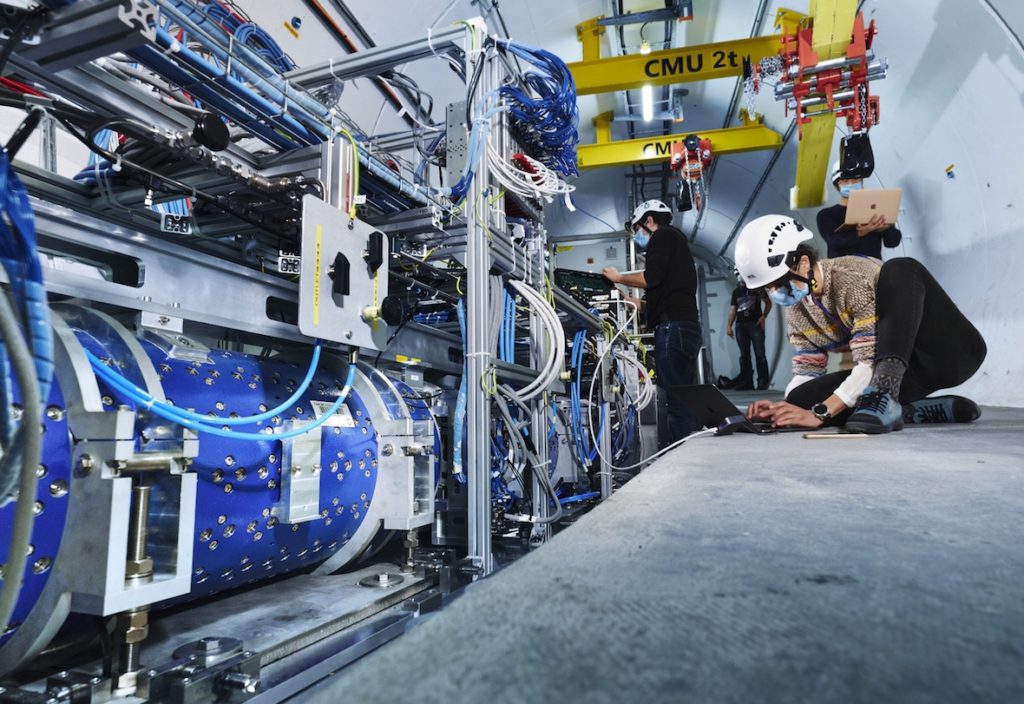
Making virtual objects feel real
24 July 2020

The sense of touch is underexploited in today’s virtual reality systems. EPFL researchers have created soft actuators that simulate the feeling of touching a virtual object. For virtual reality (VR) to be truly immersive, the sense of touch must be stimulated. Scientists from the School of Engineering’s Soft Transducers Laboratory at EPFL Neuchâtel have developed […]
The sense of touch is underexploited in today’s virtual reality systems. EPFL researchers have created soft actuators that simulate the feeling of touching a virtual object.
For virtual reality (VR) to be truly immersive, the sense of touch must be stimulated. Scientists from the School of Engineering’s Soft Transducers Laboratory at EPFL Neuchâtel have developed HAXELs, very small, thin and fast actuators that deliver a rich sense of touch on fingers or anywhere on the skin.
HAXELs use electrostatic energy to inflate and deflate. They have an outer insulating membrane made of silicone enclosing an inner pocket filled with oil. Each bubble is surrounded by four electrodes, that can close like a zipper. When a voltage is applied, the electrodes are pulled together, causing the center of the capsule to swell like a blister. The Swiss scientists, led by professor Herbert Shea, are already working on integrating a dozen of these actuators into a thin glove. The next challenge for the researchers will be to create the software that will program the feeling and weight of the virtual objects held in the glove.
“HAXELs will be combined with another system that actively blocks your fingers from going through the virtual object,” says professor Shea in a press release. “You’ll convincingly feel you’re holding a solid object even though your hands are empty. We’ll also be able to recreate the feeling of different materials: you’ll be able to tell whether the object you’re holding is made of wood, plastic or ceramic.” Applications for the new technology range from surgery and teleoperation to video games. The research has been published in the scientific journal Advanced Material.

